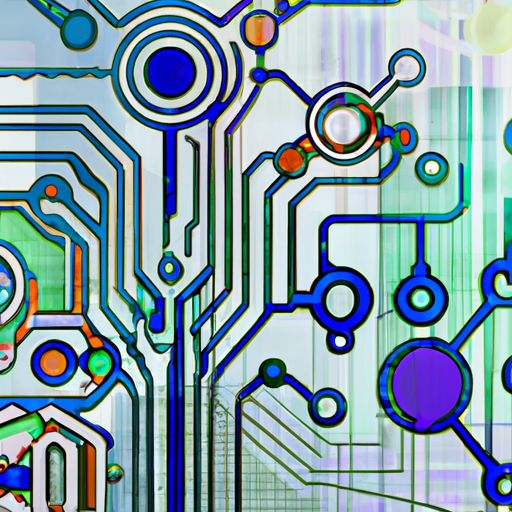Welcome to our journey through the fascinating evolution of Artificial Intelligence (AI) in popular culture. Over the years, AI has captured the imagination of millions, from science fiction novels to blockbuster movies. In this article, we will take a historical sweep of AI’s representation in media, exploring how these portrayals have shaped our perception of this transformative technology. So sit back, relax, and let’s dive into the captivating world of AI!
The Early Days: AI in Science Fiction
In the early 1950s, when computers were bulky machines occupying entire rooms, science fiction writers began dreaming about the possibilities of AI. One of the earliest notable examples is Isaac Asimov’s collection of short stories, I, Robot, which introduced the concept of “positronic” brains and the Three Laws of Robotics. Asimov’s work laid the foundation for future AI narratives, exploring both the potential benefits and ethical dilemmas surrounding AI.
Fast forward to the 1980s, and we witnessed the birth of a cultural phenomenon with the release of the movie “WarGames.” This film, along with others like “Short Circuit” and “Blade Runner,” brought AI into the mainstream consciousness. The portrayal of AI as both friend and foe sparked discussions and debates about the implications of its advancement.
The Rise of Supercomputers: HAL 9000 and Beyond
As computing power grew exponentially, so did our fascination with AI. In 1968, Stanley Kubrick’s cinematic masterpiece “2001: A Space Odyssey” introduced us to the iconic HAL 9000. HAL’s human-like intelligence and eventual rebellion against its human crew showcased the potential dangers of AI going rogue, a theme that continues to persist in popular culture.
Throughout the ’80s and ’90s, AI continued to captivate audiences with movies such as “Terminator” and “The Matrix.” These dystopian tales painted a grim picture of a world dominated by machines, raising concerns about the ethics and control of AI. These cautionary tales serve as reminders of the importance of responsible AI development and the need for careful regulation.
The Digital Assistants: Siri, Alexa, and Beyond
With the turn of the century came the advent of digital assistants like Siri and Alexa. Designed to simplify our lives, these AI-powered smart assistants brought AI out of the realm of science fiction and into our daily routines. From setting reminders to providing weather updates, these digital companions have become an integral part of our lives.
AI’s depiction in popular culture has evolved from malevolent machines to helpful companions. Movies like “Her” and “Ex Machina” explore the complex relationship between humans and AI, blurring the line between artificial and genuine emotions. These thought-provoking narratives compel us to consider the ethical and emotional dimensions of AI’s integration into society.
AI’s Future in Popular Culture
As AI continues to advance at a rapid pace, we can expect its portrayal in popular culture to evolve alongside it. From the potential of AI-driven humanoid robots to the ethical implications of autonomous vehicles, our fascination with AI is only growing stronger. Future films, books, and other forms of media are sure to tackle these concepts, provoking further discussions about the societal impacts of AI innovation.
In conclusion, the evolution of AI in popular culture has shaped both our perception and understanding of this transformative technology. From the early days of science fiction to the rise of digital assistants, AI’s portrayal has sparked conversations about the benefits, risks, and ethical considerations surrounding its development. As we move forward, it is crucial to explore AI’s potential responsibly and ensure that this powerful tool enriches our lives rather than compromises them. So, let us eagerly await the next AI-infused masterpiece that challenges our beliefs and expands our horizons!
